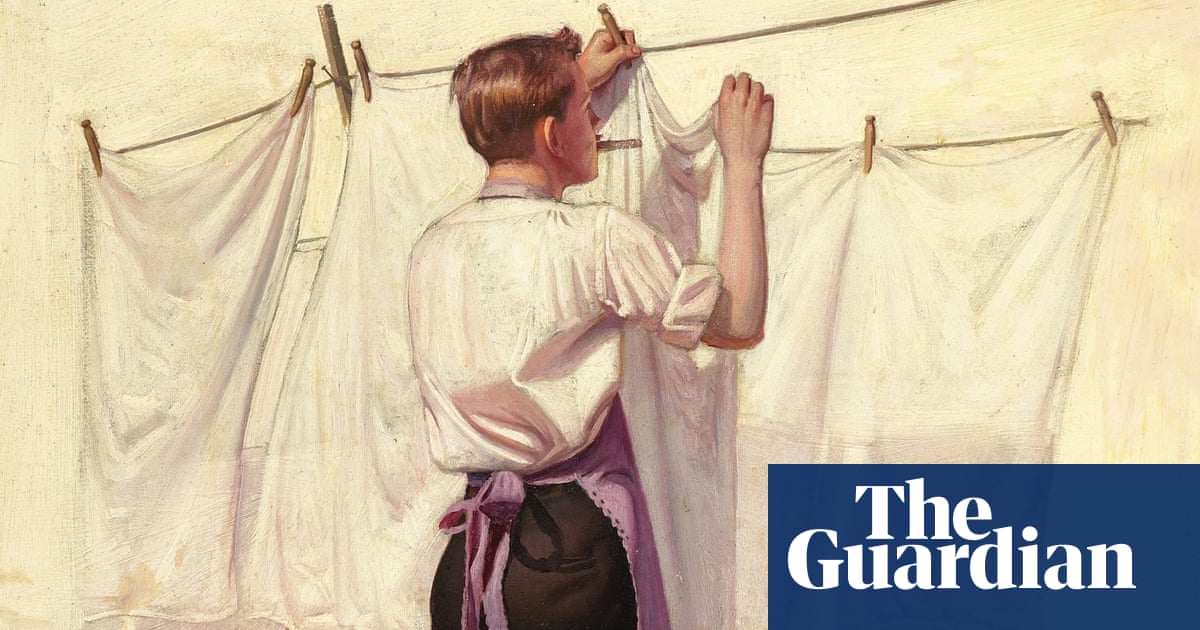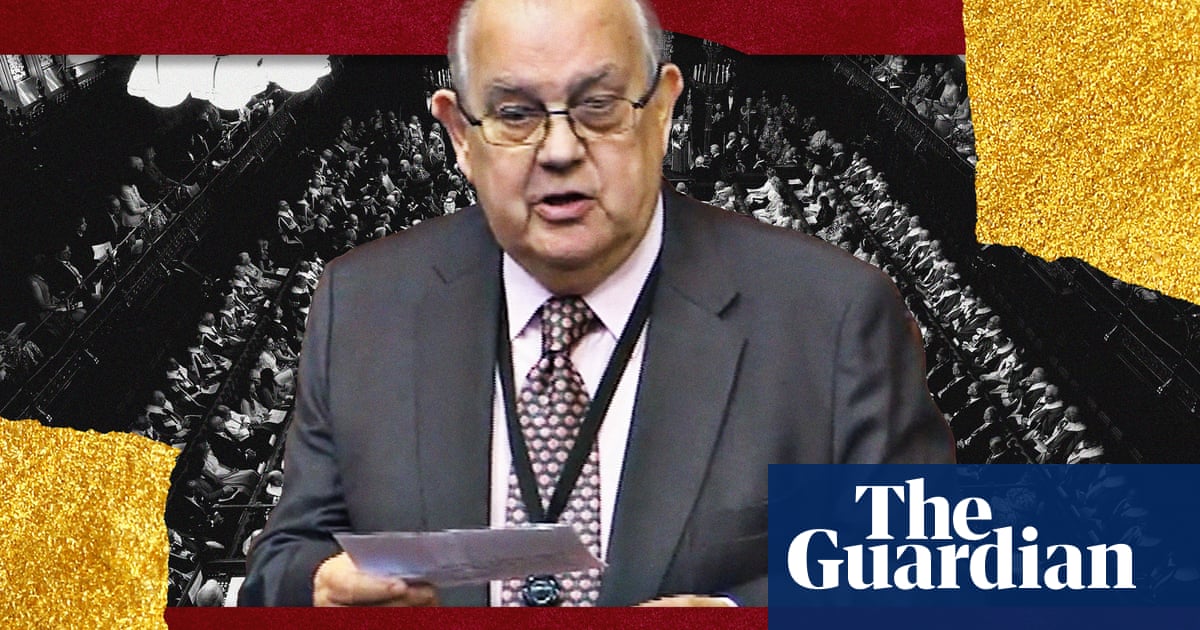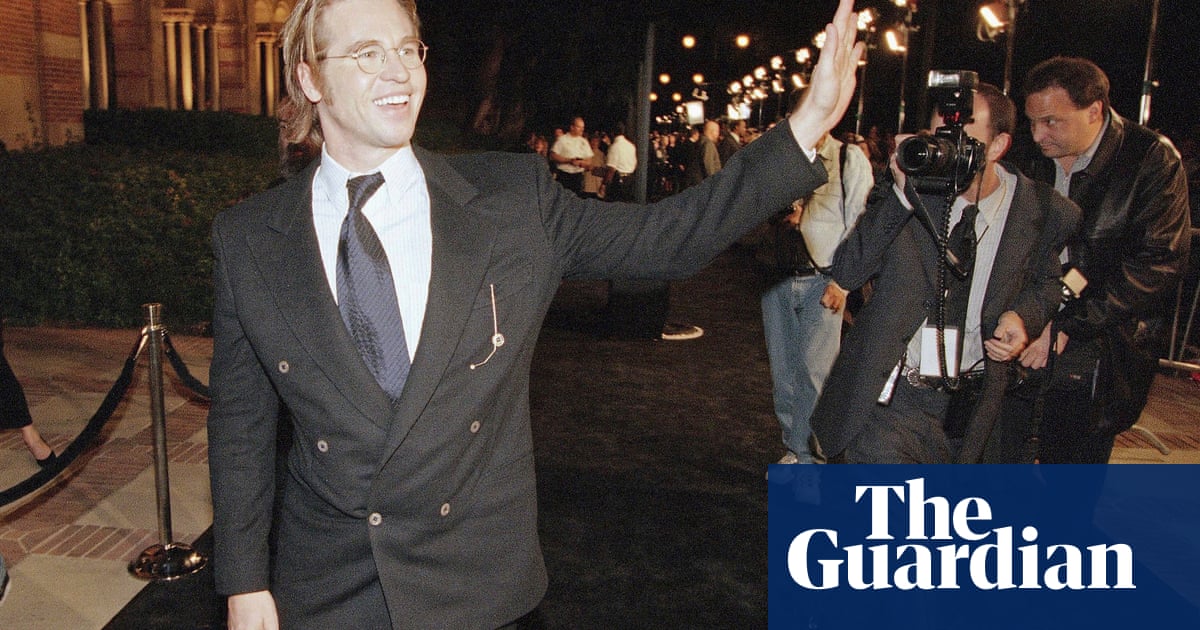The relationship between the prime minister and chancellor is one of the most crucial in British politics. My old friend Nigel Lawson (chancellor 1983-89) certainly thought so, which is why it pained him and Margaret Thatcher when they fell out over whether the UK should put the pound into the European Union’s exchange rate mechanism in the 1980s.
Denis Healey (chancellor 1974-79) thought so too, and once told me his good working relationship with James Callaghan (prime minister 1976-79) was one reason the cabinet held together during the fraught negotiations with the International Monetary Fund in 1976.
David Cameron (prime minister 2010-16) and George Osborne (his chancellor) also subscribed to this view. They decided to learn from the – at times exaggerated – difficulties of the relationship between Tony Blair (prime minister 1997-2007) and his chancellor, Gordon Brown.
We enter deep waters here. There is a general impression – encouraged by the man himself – that Osborne was against Cameron’s fatal gamble to hold a referendum on the UK’s membership of the European Union, but put the strength of the prime ministerial-chancellorial relationship first. But I have spoken to officials who question whether Osborne was ever in fact against holding a referendum.
At all events we are where we are: Brexit is a manifest disaster; the damage accrues daily; and most people recognise this. As Harold Macmillan (prime minister 1957-63) once said: “Where do we go from here?”
We know what Keir Starmer says. We have to restore good relations with the EU and “make Brexit work”. But Brexit doesn’t work!
Now I have a theory about Starmer, whom I know, but not well. He is a barrister. I know a lot of barristers. Sometimes they prosecute, sometimes they defend. They have to be cold blooded in their attachment to a case.
Starmer was good, even outstanding, at prosecuting the Brexiters. Their case was founded on sand, and he made this resoundingly clear in his advocacy of Remain and then Rejoining. But he lost the case. Hey presto! Another brief comes along: the case for accepting Brexit and making it work.
Well: I fear, great barrister though he is, he lost the first case – as did the many of us on his side – and is now manifestly losing the second case.
He recently erected a man of straw – he said we must not choose between the US and EU: we need good relations with both. That is especially so in defence and security matters.
But when it comes to trade, the idea that we should continue to be isolated from the customs union and the single market in favour of some mythical deal with Donald Trump is laughable. We would be in a much stronger bargaining position to deal with the threat from Trump as members of the huge EU trading bloc.
At present, both France and Germany have leadership problems, and the German economy in particular is not as successful as it used to be. But all – the UK, France and Germany – would gain from resolving the trade barriers that impede trade between the Continental Big Two and ourselves.
after newsletter promotion
A first step, as suggested by a number of commentators, would be for us to rejoin the European Free Trade Association – Efta – which currently includes Switzerland, Liechtenstein, Norway and Iceland.
For those with long memories, this would be an echo of the 1950s, when the UK, having missed its chance to join the six-member European Economic Community, became part of the then seven-member Efta group. Hence the joke at the time that Europe was “at sixes and sevens”.
The logical next step, then and now, being to join the others, now 27 and known as the European Union. Which brings us back to the relationship between PM and chancellor. One sees signs of strain when Rachel Reeves rules out further increases in taxation when speaking to the Confederation of British Industry, and Starmer refuses to be trapped into making such a commitment.
More tax revenue will be needed to fund so many overstretched public services. And what has been the biggest self-inflicted blow to our economic growth and accompanying tax revenue? Brexit, pure and all too simple.
The Treasury must surely be telling Reeves this, and Reeves in turn should be telling Starmer. The two need to get their act together.

.png) 3 months ago
23
3 months ago
23













































